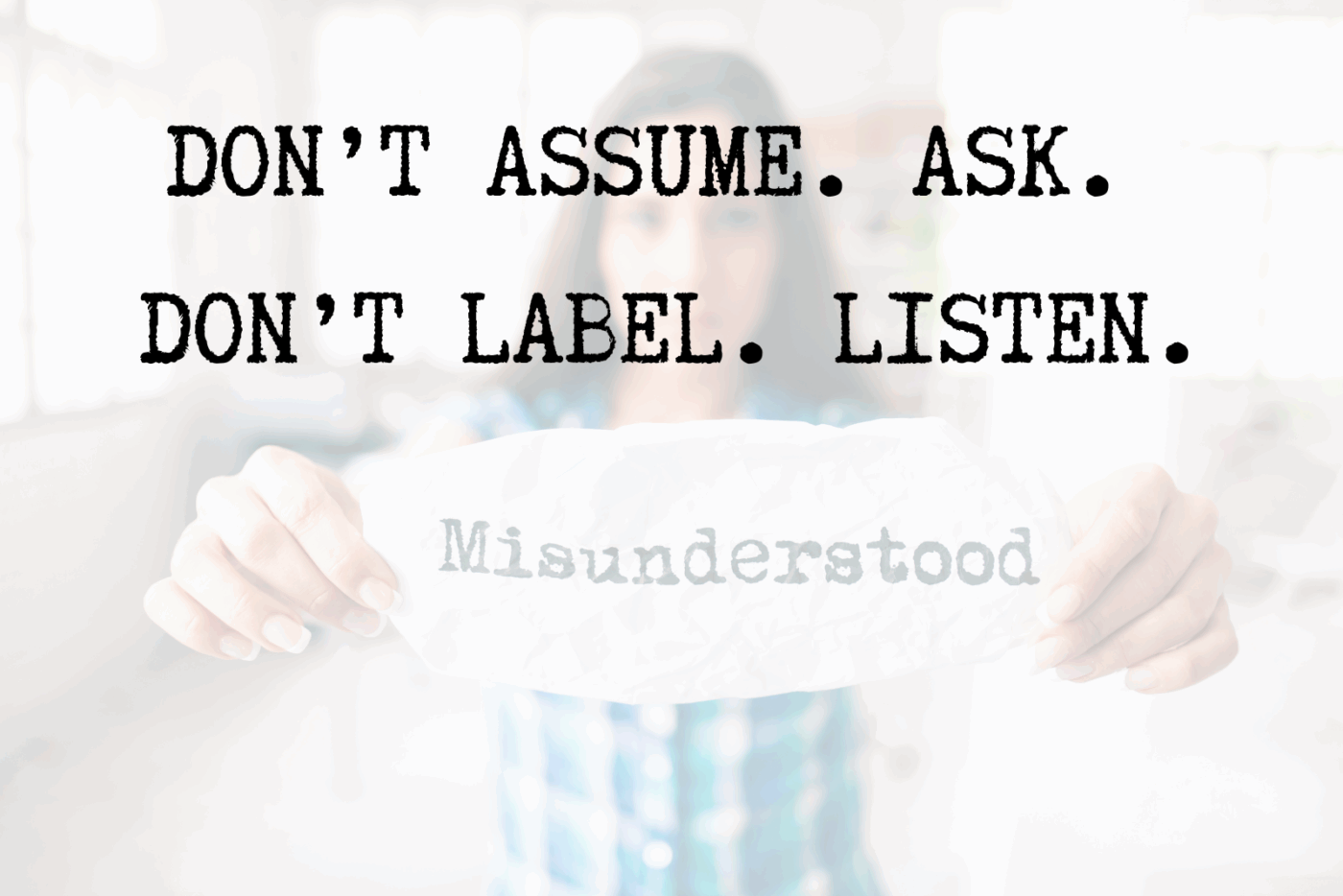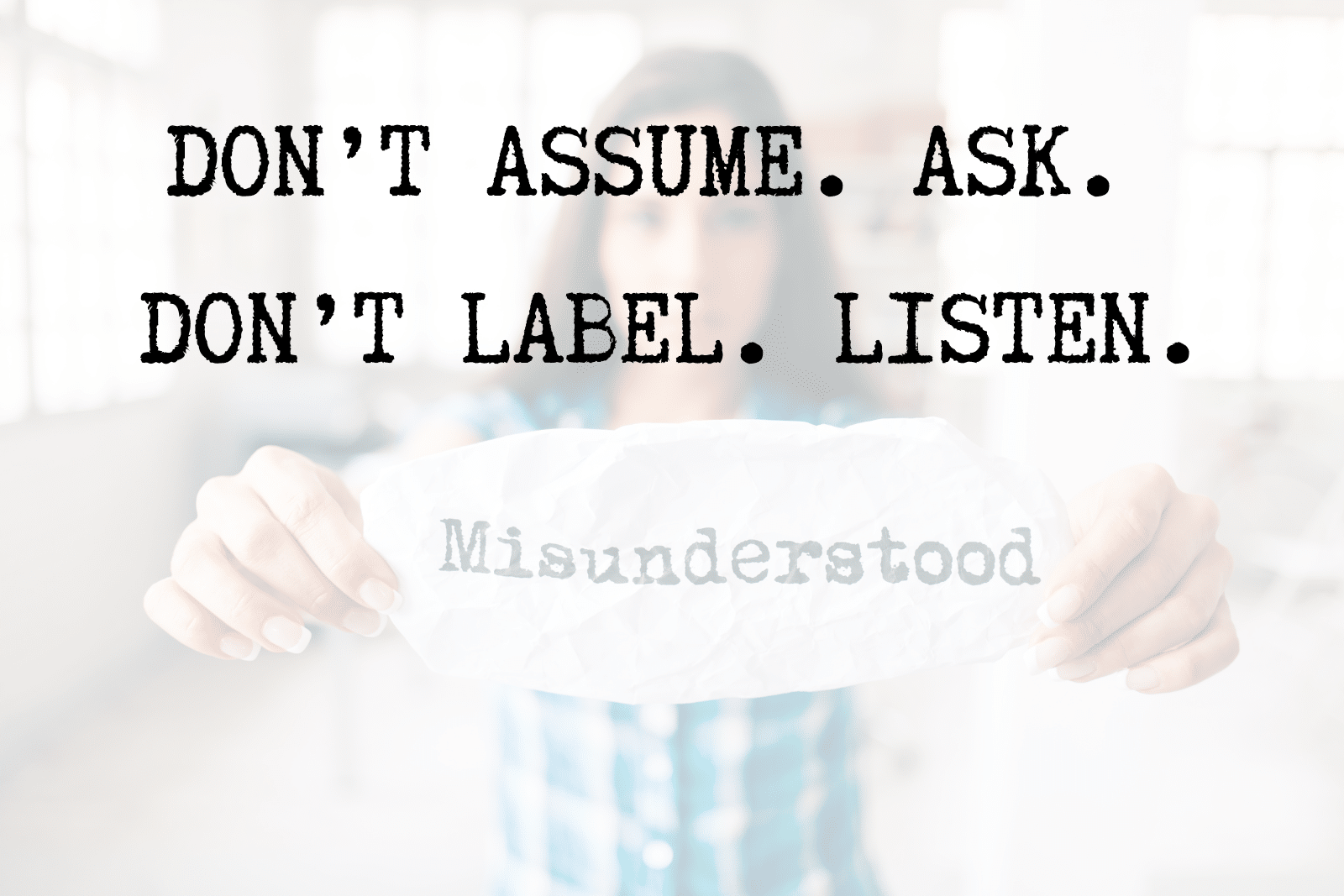
The Wife’s Boy
The Wife’s Boy
The ache behind the laugh

TLDR-adjacent
(Keep reading iif you’d like to ride shotgun through a gas station mishap, an ill-advised taped-on bow and the lifelong saga of being the “wife’s boy.” Spoiler: it’s funny, but it hurts.)Misgendering might not be your pain point, but being misunderstood probably is.
Every assumption, every mislabel, every dismissive comment leaves a mark.
The fix isn’t complicated: ask instead of assuming, listen instead of labeling and understand instead of dismissing.
It’s how we turn sting into connection and misunderstanding into trust.
Overthinker's Cut
When someone warns me that I’m going into the wrong restroom (I’m not), I laugh it off. And for those of you who might witness that misgendering comment roll off my back, please know that deep down it hurts.
My Dad used to tell me stories about me as a baby. I have to consider him a reliable witness since I was, well, a baby. I was apparently suffering from baby-pattern baldhead so Mom and Dad tried to prevent “what a cute boy” by taping a bow to my head. It was the 70’s, I’m well aware things are different now.
Dad’s favorite (probably not the right word) story was from a full-service gas station. The attendant looked in the car, saw me in the baby seat (or lying un-seat-belted in the front seat. It was the 70’s) and said, “Cute grandson you got there sir.”
It was the double play of pitches because a) Dad wasn’t a grandfather and b) the “grandson” was a girl. I never got to ask my Dad which was the more heinous of sins, but whatever it was motivated his very serious and stern response, “Stop. Pumping.”
I wouldn’t put it past my Dad to have driven off without paying, but as a defender of doing the right thing, I know he didn’t, but again … I was a baby.
The gender infractions continued my whole life and when Alzheimer’s plagued my Dad’s mind, it infected the part where he would defend me (and his age). In the last couple years of his life, Dad would simply introduce me as, “the wife’s boy.”
Not his daughter. Not even his kid. The wife’s.
Mom would immediately seize the moment to tell me why Dad was confused. “It’s because you don’t wear make up. It’s because your hair is so short.”
“No Mom, I think it’s because of the Alzheimer’s.”
Dad passed, life moved on and I continue to be warned of my impending embarrassment of going in the wrong bathroom. Jokes on you, fool: I could never figure out how to cleanly, modestly and accurately use a wall-mounted toilet.
Even now, when I visit my Mom at her assisted-living facility, I’ll hear, “Oh, is this your son?”
I never know what to do or say. I have plenty of witty (in my opinion) retorts, but to use them in a facility where minds are fading, manners are gone and lives are short feels like punching down. So I swallow the pain and laugh.
One resident even explained why she thought I was a boy. It had something to do with the way I was dressed and my hair style, but I’m gonna chalk that up to my Mom having put her up to it.
Whether it’s me being the “wife’s boy,” my mom’s “son” or a stranger’s choice to serve as a bathroom bouncer, I’ve learned to laugh.
But every laugh comes with a tiny echo of ache. The pain that hovers on the trailing edge of that laugh is a result of feeling misunderstood.
And isn’t that really what all of us want? To be seen for who we are, not mistaken for who we’re not.
Misgendering is my version of it.
Yours might be the assumptions people make about your job, your age, your accent, your abilities or your intentions.
Those little cuts remind us how much it matters to be seen for who we really are.
So here’s the takeaway:
Don’t assume. Ask.
Don’t label. Listen.
Don’t dismiss. Understand.
Because misunderstanding can sting, but understanding is the difference between a wound and a bridge.